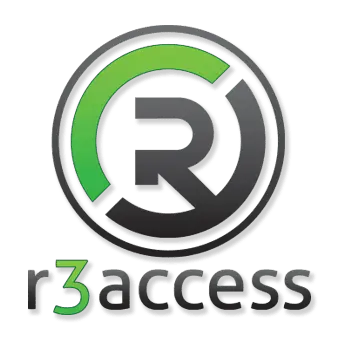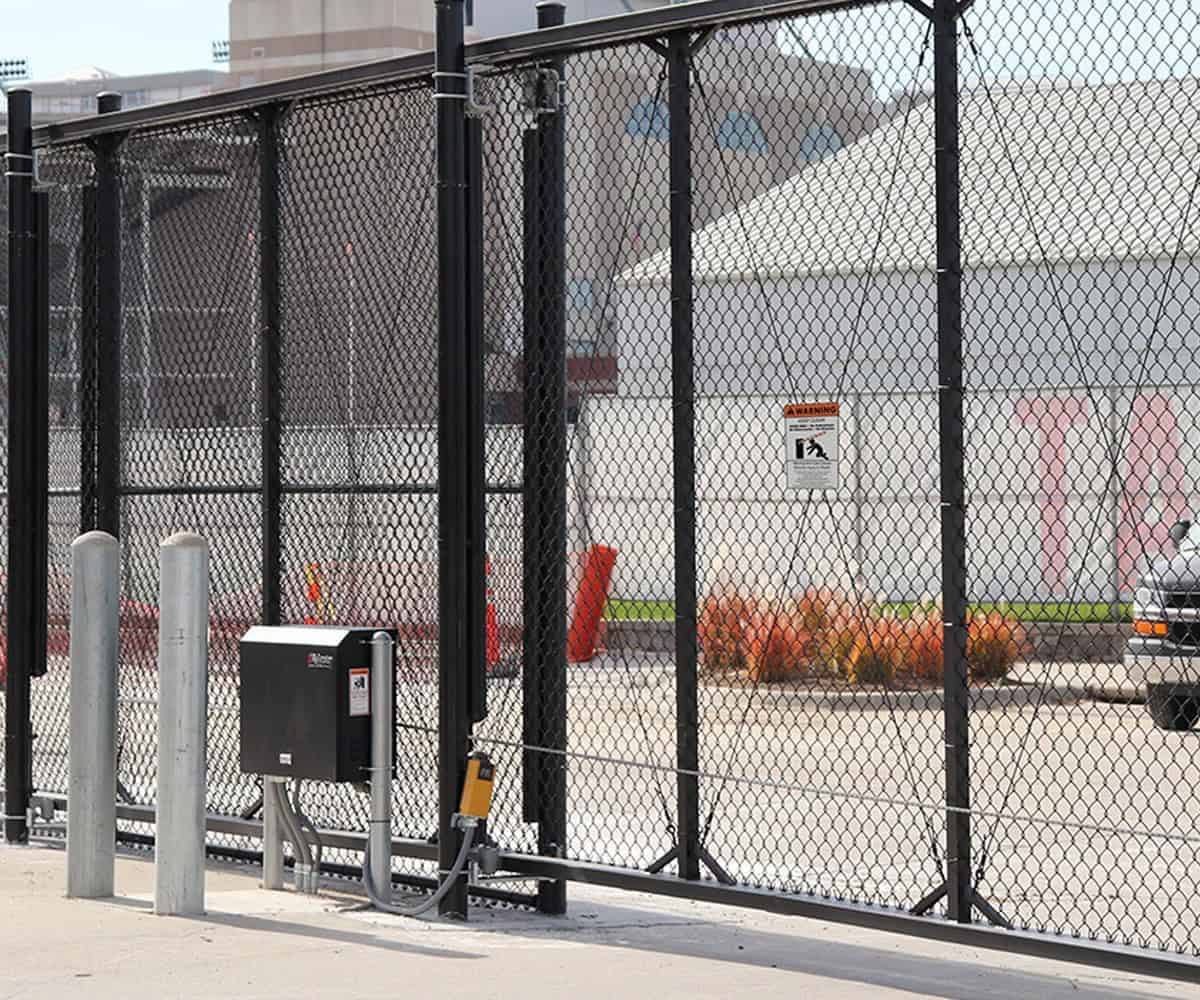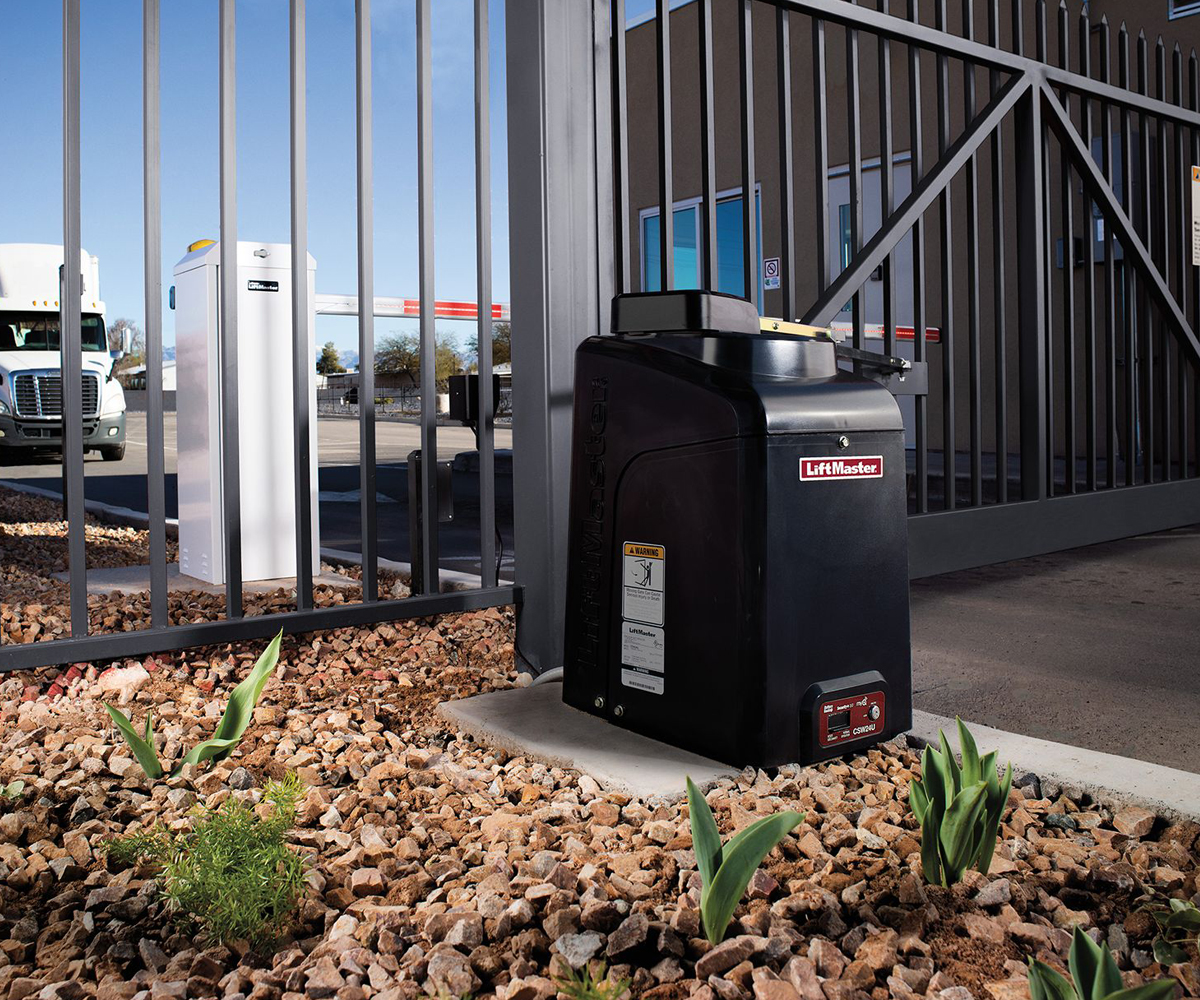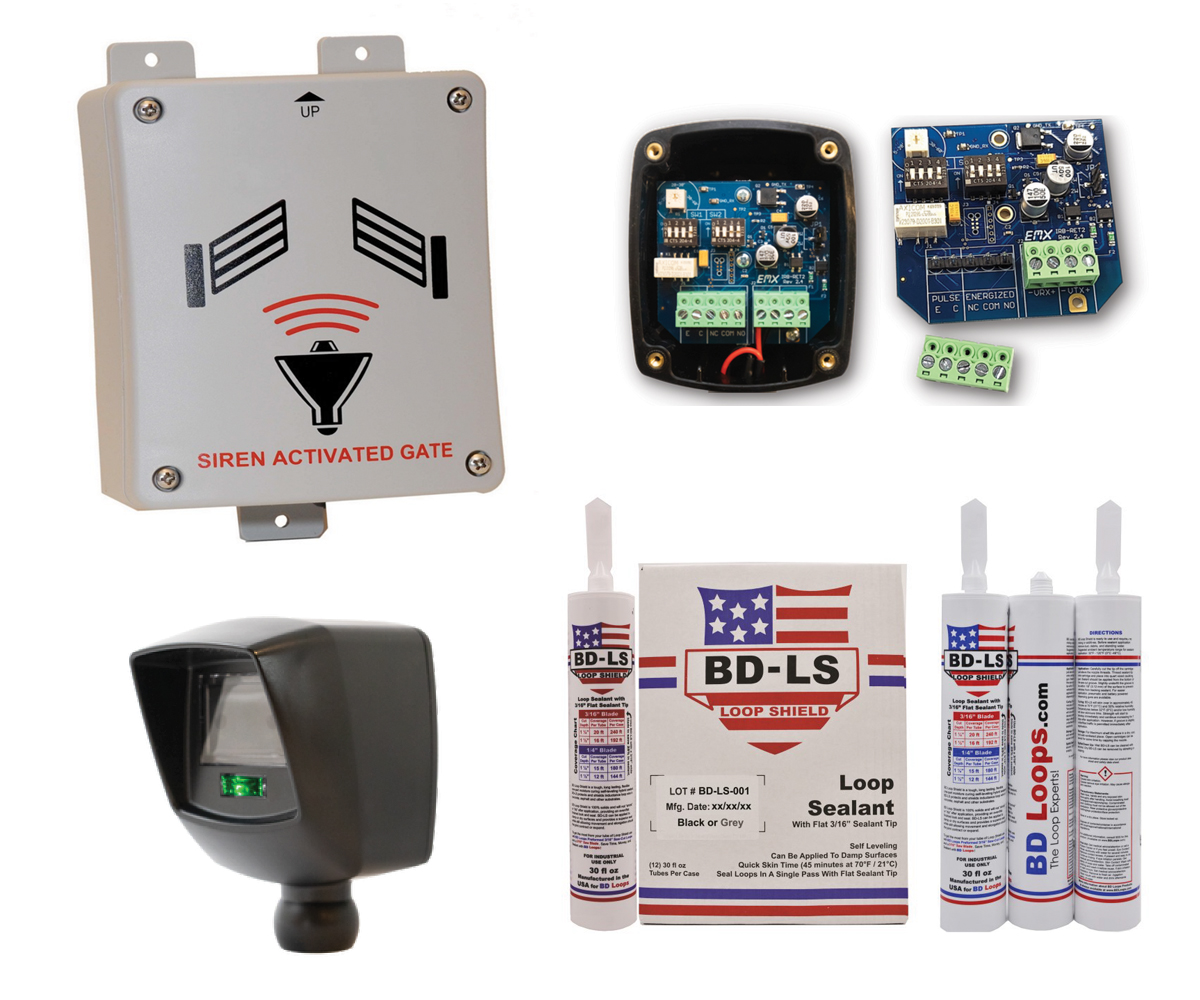In this busy world, where everyone wants to feel secure and at the same time experience convenience, a reliable automated gate operator system is not a luxury but a necessity. This is more so in the case of houses, apartment buildings, farms, and businesses in the United States.
Whether you are retrofitting your current system or installing a gate system entirely for the first time, selecting the right equipment is significant to long-term safety, reliability, and efficiency. What do you look out for when you go to purchase an automatic rolling gate opener or any other automated gate operator system?
We at R3 Access, a top U.S.-based automation and access control firm, think that knowing what you’re doing makes you safer and gives you more peace of mind. So let’s look at the most important things to think about when choosing your new gate operator system.
Why Automated Gates Are No Longer Optional
From the quiet suburbs to busy commercial zones across the country, more and more property owners are recognizing the benefits of automated gates:
- Enhanced security: Prevent unauthorized access with minimal human involvement.
- Convenience: Open your gate without stepping out of your car—especially helpful during bad weather.
- Aesthetic appeal: Boost your curb appeal while maintaining privacy.
- Property value: Secure and well-maintained properties tend to have higher resale values.
But choosing the right system is about more than pushing a button. It’s about performance, compatibility, safety, and service.
How to Choose an Automated Gate Operator System?
1. Choose the Right Type of Gate Operator for Your Property
The first thing to think about is what kind of gate you have or want to put up. Depending on how the gate moves, gate operators are different:
Rolling or Sliding Gates: These gates slide down a track, which makes them great for places where there isn’t much room behind the gate. Pick an automatic rolling gate opener that works with the weight of the gate and how often you use it.
Swing Gates: Swing gates open and close like doors. They are prevalent on homes with broad driveways. You will require a swing gate operator system with motors in the ground or on the arms.
Overhead Gates: Overhead gates are common in commercial and industrial structures, and they need gear-driven systems to work properly.
If you’re not sure which system is best for your property, ask a local U.S. gate automation specialist like R3 Access for help.
2. Motor Capacity and Gate Weight: Size Matters
Gate operators aren’t one-size-fits-all. Every motor is rated for specific weight and length limits. Using an underpowered motor leads to system strain and eventual failure.
Consider the following:
- Total gate weight (including wood panels or ironwork)
- Motor power (usually measured in horsepower or torque)
- Usage frequency (how many cycles per day)
For high-traffic areas like gated communities or office parks, opt for commercial-grade motors.
3. Safety Features Must Be a Priority
In the United States, gate safety is heavily regulated. Injuries caused by malfunctioning gates can result in liability for property owners.
Ensure your gate system includes:
- Obstacle detection sensors
- Auto-stop and reverse features
- Manual release options during outages
- Photoelectric beams or motion detectors
Advanced systems may also offer safety edge technology, which halts the gate instantly if an obstruction is detected.
4. Remote Control and Smart Access Integration
When picking a gate operator system, don’t merely go with a physical button or keypad. Instead, search for more complex options that provide you with more control and freedom. The best systems let you manage your gate with a smartphone app, so you can open or close it from anywhere. They also let you enter with a keypad and set your own PINs for safe access. Bluetooth or RFID card access makes it even easier to get in, and Wi-Fi or GSM-based remote connectivity makes sure you’re constantly connected, even when you’re not at the site. Also, the fact that it works with smart home hubs like Alexa or Google Home makes it easy to add to your current smart home setup. For shared properties, features like multi-user access, activity logs, timed entry, and automatic scheduling provide you with more control and make things easier.
5. Weather Resistance: Built for the U.S. Climate
Whether you’re in Florida’s humidity, the Midwest’s snow, or Arizona’s dry heat, your gate operator must withstand harsh conditions.
Look for:
- Waterproof (IP-rated) enclosures
- Rust-resistant materials (galvanized or stainless steel)
- Operation in extreme temperatures and wind
Gate openers rated IP65 or higher offer excellent weather resistance. Also, ask about proper drainage and sealed motor housing—especially if you’re installing underground.
6. Battery Backup and Power Failure Solutions
What happens during a power outage?
Make sure your automated gate includes a battery backup system, so you’re not locked in—or out—during a blackout.
Choose systems with:
- Long-lasting battery backups or UPS modules
- Solar charging options for energy-efficient performance
- Manual override options
This ensures safety and access control even when the grid fails.
7. Brand Reliability and Warranties
Not all gate operator brands are created equal. In the U.S., trusted manufacturers include LiftMaster, FAAC, Nice, and CAME.
When choosing a system, verify:
- Warranty coverage (at least two years recommended)
- Availability of replacement parts
- Quality of after-sales support
- Local installer network
R3 Access works exclusively with vetted brands that offer nationwide support and robust warranty programs.
8. Professional Installation Beats DIY
DIY kits may seem cost-effective, but gate automation requires technical expertise. Electrical wiring skills, ground preparation, motor alignment, mechanical calibration, and local building codes are needed for proper installation. You risk safety dangers, system failures, and warranty voids without these. Trust qualified U.S. professionals who understand gate automation and can install it right from the outset to guarantee your system works dependably and meets standards.
9. Service and Maintenance
All systems need maintenance, even the greatest ones. Regular maintenance keeps things from breaking and makes them last longer.
A good servicing and maintenance should include:
- Safety checks are performed every year
- Checks on how well the motor works
- Cleaning and calibrating the sensor
- Putting oil on moving components
- Help in case of an emergency
R3 Access provides maintenance advice for homes, businesses, and factories all around the country.
10. Budgeting Smartly: Think Long-Term Value
Cost matters—but value matters more. Instead of just looking at the upfront price, evaluate:
- Durability of components
- Warranty and service options
- Energy efficiency
- Ease of maintenance
- Total cost of ownership over 5–10 years
Spending slightly more upfront can save you hundreds or even thousands in future repairs and service disruptions.
Why Choose R3 Access?
R3 Access is a U.S.-based firm that is owned and run by locals. We have been in the gate automation and property access business for decades.
What makes us different is:
- A wide assortment of automated rolling gate openers
- Custom access solutions for homes, businesses, and farms
- Support and reach all throughout the country
Our staff will help you develop a system that meets your specific needs, whether you’re protecting a suburban house, an industrial complex, or a business location.
Conclusion: Choose Wisely
An automatic gate system is not just a nice thing to have; it’s an important part of your property’s protection. When chosen carefully, it may make life easier, make your home safer, and raise its worth.
You may have peace of mind for a long time if you choose the appropriate system, have it professionally installed, and keep it in good shape.
Are you ready to automate your gate the right way?
Call R3 Access now to talk about the finest automated gate operator for your home. No matter where you are in the U.S., we’re here to help.




